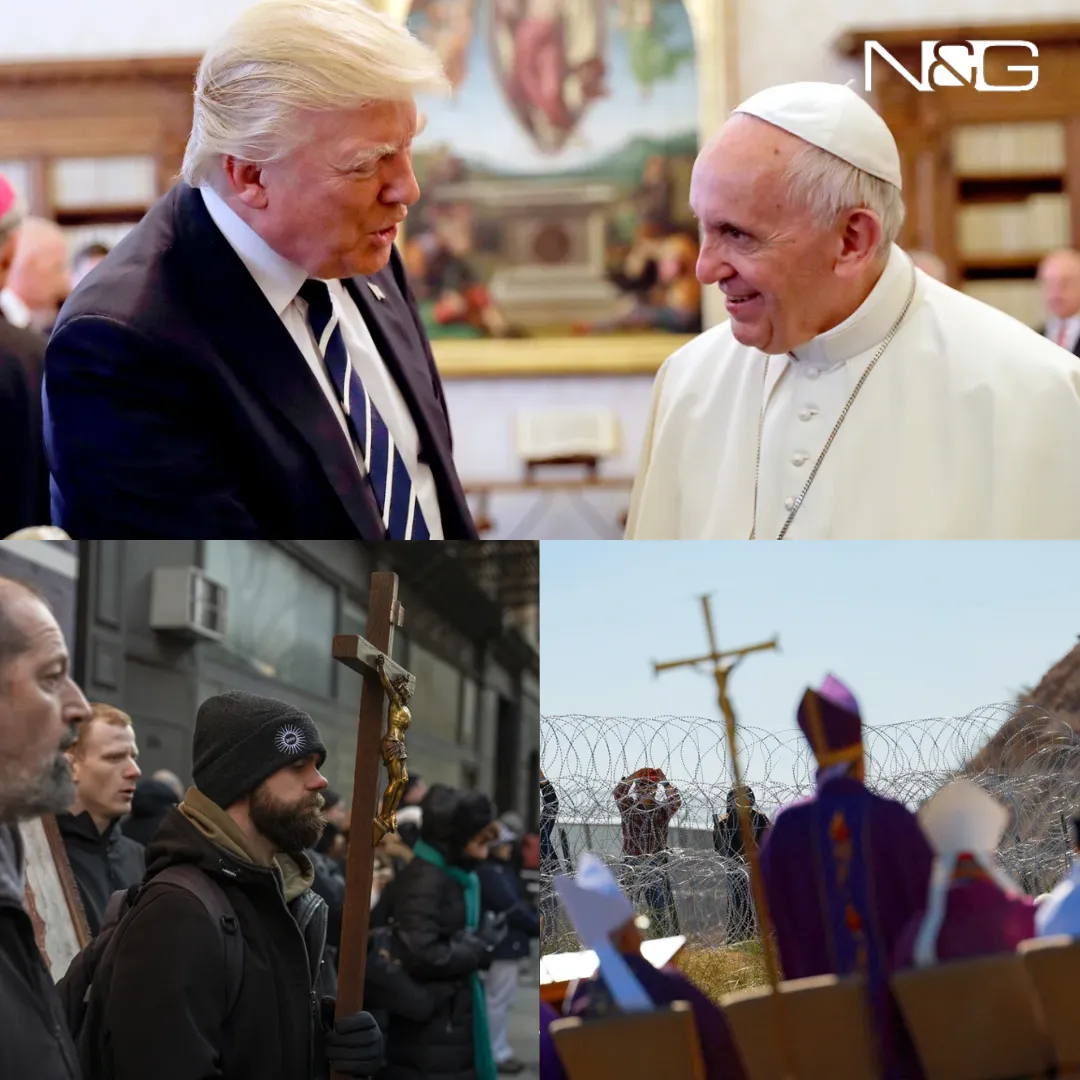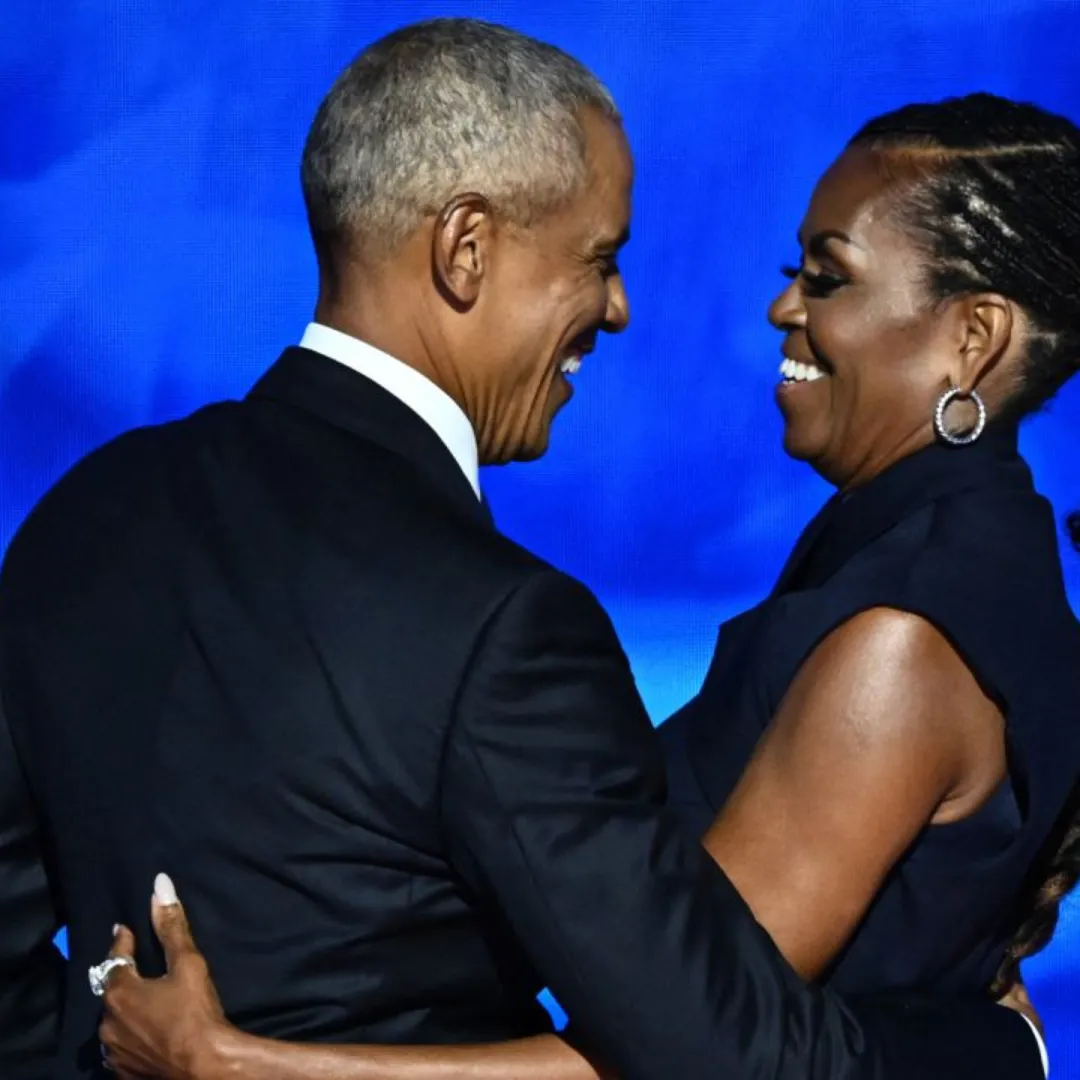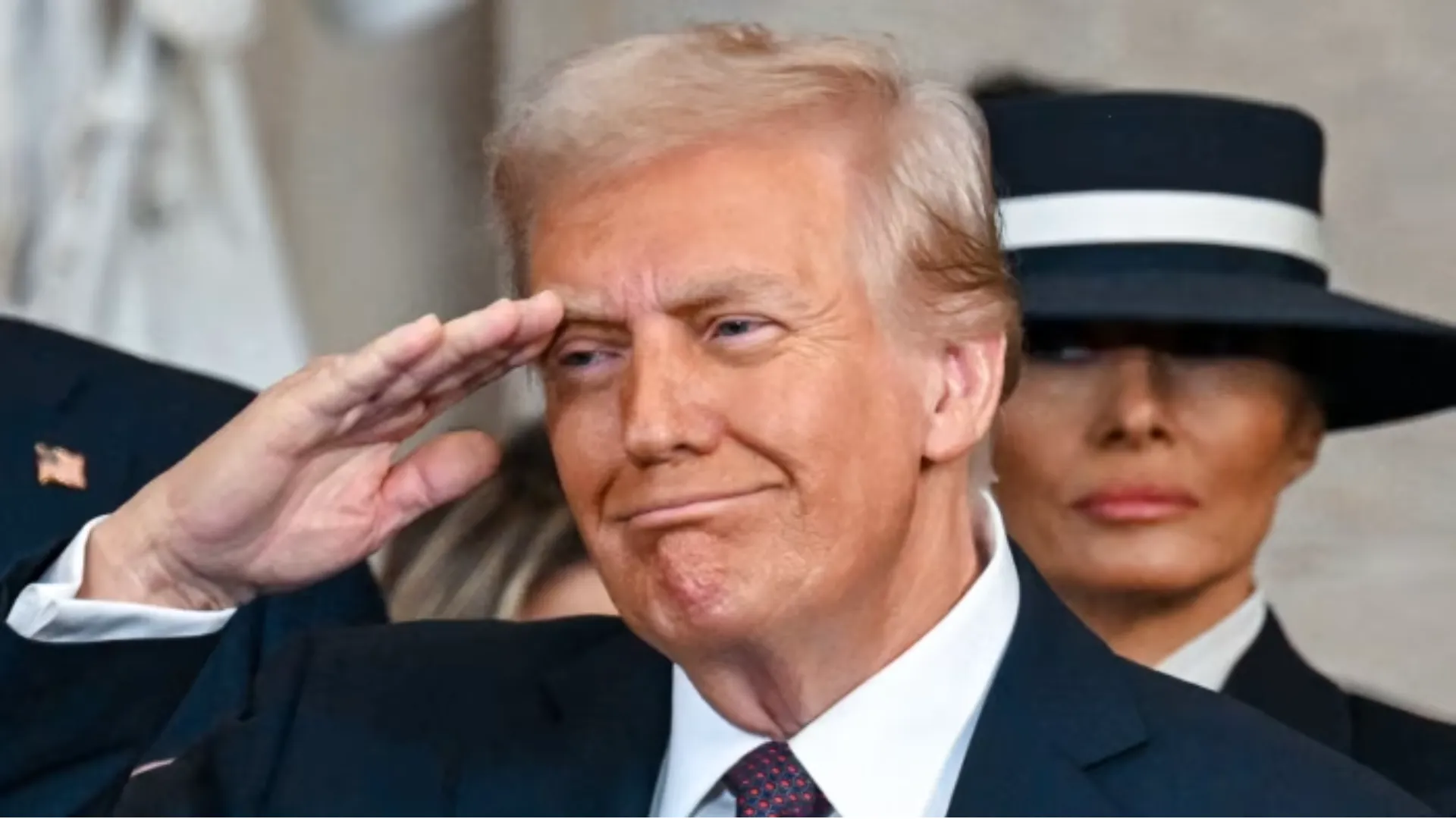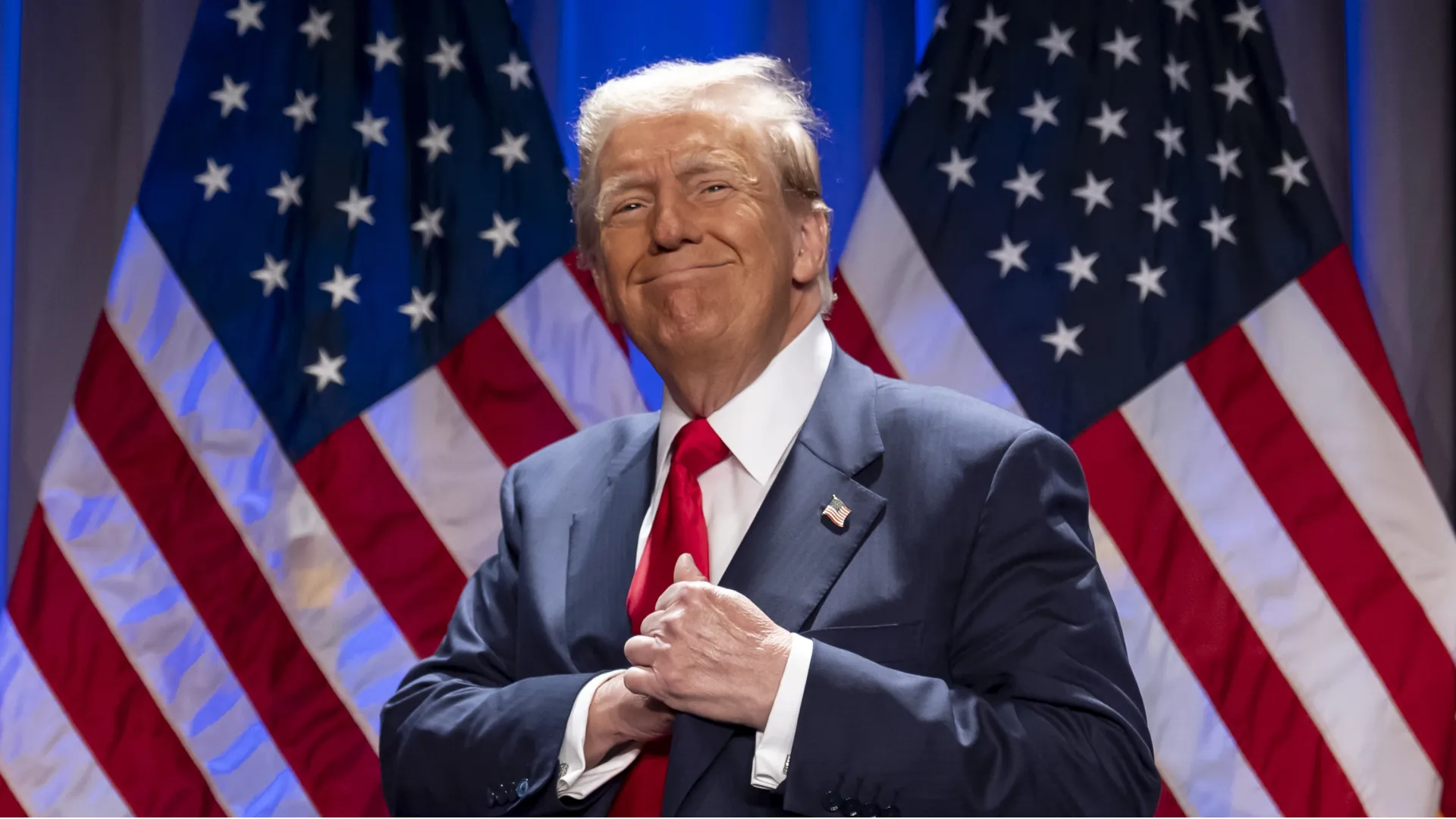
President-elect Donald Trump has criticized Vice President Kamala Harris’ media strategy during the 2024 campaign, calling it a "big tactical mistake" for her reluctance to engage with the press.
Speaking in an interview with Time Magazine after being named their "Person of the Year," Trump reflected on Harris's campaign approach, particularly her decision to avoid traditional media appearances in the early stages of her campaign.
When asked what he thought was Harris' biggest mistake, Trump pointed to her media strategy. “I think that when she wouldn't talk to anybody, it shone a light on her,” Trump said. “If she would have gone out and just did interviews... She didn’t do anything. And people started to ask, 'Is there something wrong with her?'”
Trump contrasted Harris' approach with his own, boasting about his frequent media appearances. “I’m doing this interview with you. I did interviews with, if I had the time, anybody that would ask, I’d do interviews,” Trump stated.

He referenced his lengthy interview with Joe Rogan, which lasted over three hours, as an example of his media openness.
Harris faced criticism during the 2024 campaign for being largely absent from the media spotlight, especially after President Biden announced he would not seek re-election and she became the Democratic Party's top candidate.
For over a month after that announcement, Harris did not sit for any major interviews, a move that Trump and others characterized as avoidance. Toward the end of August, however, she began increasing her media presence, appearing in traditional media interviews and podcasts, including a joint appearance with her running mate, Minnesota Governor Tim Walz.
Trump argued that Harris's decision to avoid interviews only made her occasional missteps more noticeable. “If she did those same interviews but also did another 15 interviews, you wouldn’t have noticed it that much,” Trump explained. “She put so much emphasis on interviews. Somebody thought there was something wrong, and I don’t think she ever recovered from that.”

Harris’s media approach became a point of frustration for some of her top campaign aides. According to a post-election interview with Kate Bedingfield and Jen O’Malley Dillon, Harris’s campaign team felt that the narrative about her avoiding interviews was both unfair and inaccurate. Dillon expressed her frustration in an appearance on Pod Save America with host Dan Pfeiffer.
“I do think a narrative, 107 days… two weeks talking about how she didn’t do interviews,” Dillon said. “She was doing plenty, but we were doing it in our own way. We had to be the nominee, we had to find a running mate, and do a roll-out. But somehow, the public perception was that she wasn’t doing any interviews, which was both not true and also counter to any kind of standard that was put on Trump.”
The perception that Harris was avoiding the media became a talking point for critics, including Trump, who argued that such a strategy was risky. Trump's own campaign frequently turned to nontraditional media outlets and podcasts to connect with audiences, including a notable appearance on the Full Send podcast and frequent interviews on conservative-leaning media.

Harris also leaned into the podcast space, appearing on shows like Call Her Daddy with Alex Cooper. While her campaign saw this as a modernized approach to voter outreach, critics viewed it as an attempt to avoid tougher questions from traditional media.
One of the key criticisms of Harris’s media approach was that it allowed negative narratives about her to linger and go unchallenged. Trump’s campaign frequently capitalized on this perception, with Trump himself questioning her abilities as a leader.
His critiques were amplified on social media and conservative media platforms, further cementing the notion that Harris was “hiding” from scrutiny.
Trump’s remarks about Harris’s strategy underscore his broader approach to media relations. Throughout his political career, Trump has embraced media exposure, often viewing it as a tool to control the narrative.
His frequent and lengthy interviews — including the now-infamous Joe Rogan Experience episode — were intended to showcase his openness, even if the content of those interviews drew criticism. By comparison, Harris's campaign was seen as more cautious, and critics argued that this made her moments of public missteps stand out more.

As Trump prepares to return to the White House, his comments about Harris signal that he plans to continue scrutinizing his political opponents.
For Harris, the lingering perception of a "media avoidance" strategy could serve as a cautionary tale for future campaigns. Trump's criticism may not be without merit, as media visibility has become an essential part of modern political campaigns.
Whether Harris's approach was a tactical mistake or a misunderstood strategy, the media narrative surrounding her campaign has clearly become a key part of the post-election analysis.



